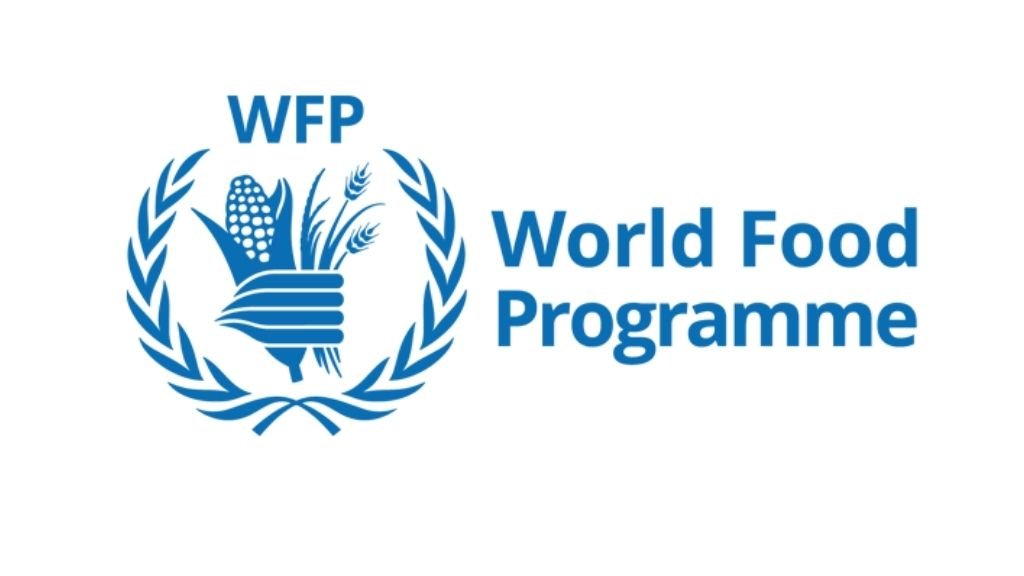World Food Programme urges efforts to tackle hunger in Nigeria
The United Nations World Food Programme (WFP) Executive Director, Cindy McCain, has urged public and private sector leaders to work together to tackle the root causes of hunger and build peace in Nigeria. Despite its huge agricultural potential, Nigeria is now at the grips of a widespread humanitarian crisis driven by poverty, recurring conflicts, and […]

The United Nations World Food Programme (WFP) Executive Director, Cindy McCain, has urged public and private sector leaders to work together to tackle the root causes of hunger and build peace in Nigeria.
Despite its huge agricultural potential, Nigeria is now at the grips of a widespread humanitarian crisis driven by poverty, recurring conflicts, and climate shocks – with 32 million people struggling to feed themselves.
During her five-day visit to Nigeria, the Executive Director witnessed firsthand how conflict, climate shocks, and high food and fuel prices are driving millions into acute hunger and malnutrition.
“What I have seen and heard during my visit to Damasak, in Borno State, is deeply disturbing. An urgent humanitarian crisis is unfolding in northern Nigeria, as the number of children with acute malnutrition soars and the ongoing conflict prevents millions from returning to their homes and lands,” said Executive Director McCain. “People there desperately need peace and stability, so farming and food production can restart and this hunger crisis can be halted in its tracks.”
NOA seeks media support to promote essential family practice campaign
The prolonged humanitarian crisis – worsened by an economic slowdown, high inflation, rising food prices, and the recent floods – is endangering the lives of children, pregnant women and girls, and entire communities.
Over 3.6 million people in northeastern and northwestern states have been forcibly displaced by conflict and are not able to access their farmlands or engage in other economic activities.
With devastating flooding hitting Maiduguri in September – described as the worst in 30 years – more than 400,000 people have also been temporarily displaced in and around the city.
Meanwhile, malnutrition is rising, with nine million children at risk of acute malnutrition in the country. The number of children admitted for severe and moderate acute malnutrition has risen by 40 and 70 percent compared to 2023.
In Abuja and Lagos, Director McCain engaged with senior government and private sector leaders, creative industries, international financial institutions, the United Nations, and donor representatives to explore African-led solutions, and discuss the role of the private sector and entrepreneurship in addressing food insecurity and youth employment.
“WFP’s commitment to delivering lifesaving assistance and tackling the root causes of hunger in Nigeria is stronger than ever. By mobilizing funding, technology, and ambitious new partnerships between the private and public sectors, we can support rural livelihoods, strengthen food systems and offer sustainable solutions to food insecurity that empower local communities,” Director McCain noted.
